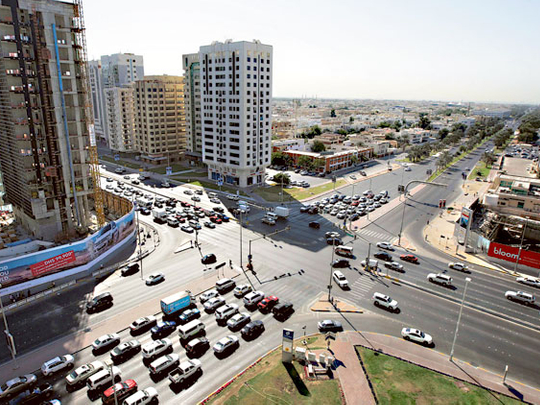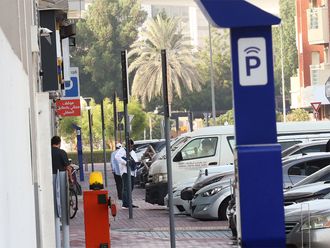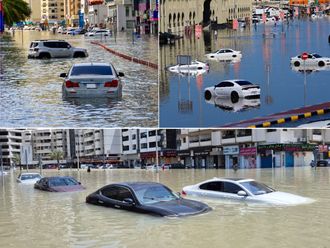
Abu Dhabi: Saaed traffic units in the capital responded to 11,943 incidents in the first half of 2012, an increase of about 28 per cent over the same period in 2011, Gulf News can reveal.
Saaed is a private organisation employed by Abu Dhabi Police to support them in dealing with situations on the capital’s highways, streets and parking lots.
The primary responsibility of Saaed teams is incident management and they mainly respond to non-fatal traffic accidents with the aim of facilitating continuous traffic flow, removal of damaged vehicles and creating reports.
“We try to minimise people’s loss after the accidents. We try to curb consequential damages by arriving fast, removing involved vehicles to reduce traffic jams and facilitate traffic flow to avoid further accidents,” Engineer Ebrahim Yousuf Ramel, chief executive officer of Saaed, told Gulf News.
Response time is a key factor in the effectiveness of Saaed operations. Their average response time over the past two years has been around 10 minutes (from the time they receive a call until arrival at the sight of an accident). Their average job completion time, including removing vehicles from the scene of accidents, is around 12 minutes.
“We try to reach the site of an accident within 15 minutes after a report is received by the operation room. We also aim to complete the job, which includes removal of vehicles involved in accidents — from the flow of traffic — also within 15 minutes,” Ramel added.
Saaed teams use advanced communication technologies to control and monitor traffic. These systems are integrated within the communication and monitoring networks of the police to be able to provide proper assistance with efficient response times.
Saaed are also pro-active in their support efforts, alerting the police to any identified risks.
“We have a database for policymakers as we know some of the faults in streets that need modifications,” explained Ramel.
“We don’t violate people’s rights and we don’t arrest anyone. We are here to help. If we see a violation, we call the police. It is our responsibility as well as our civic duty,” he added.
Saaed also provides additional manpower to Mawaqif to monitor parking violations. “We support Mawaqif by enforcing parking laws, to ensure that public parking is in order, and that people are parking within regulations,” Ramel said.
Saaed operates 24 hours a day deploying 50 patrol units in each of the three daily shifts.
Saaed is currently in discussion with the authorities to expand their services to Sharjah and Fujairah, and possibly other emirates. They currently service Abu Dhabi, Ras Al Khaimah and Umm Al Quwain.
Saaed has set a model to other countries across the world.
“Saaed is a unique experience that served benchmarks to other countries including Morocco, Lebanon, Jordan and the GCC,” Ramel said.
The official also had some advice for the public in the event of traffic incidents. “We appeal to motorists not to stop to satisfy their curiosity. We have ample trained staff to care for the passengers and vehicles at an accident site. People’s actions can cause added risk and can cause excessive jams which can prevent emergency vehicles from arriving to provide urgent care to injured people,” Ramel said.











